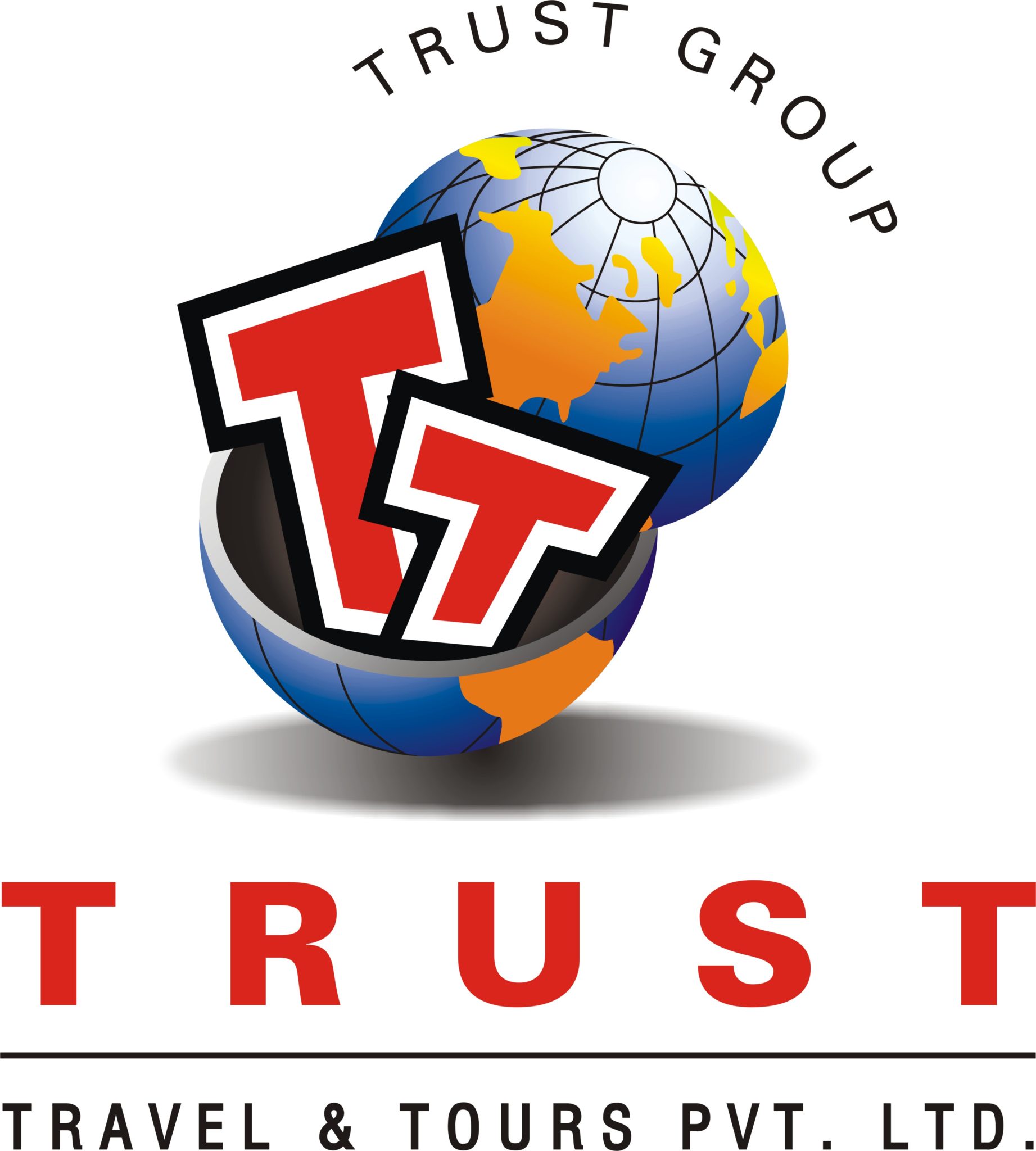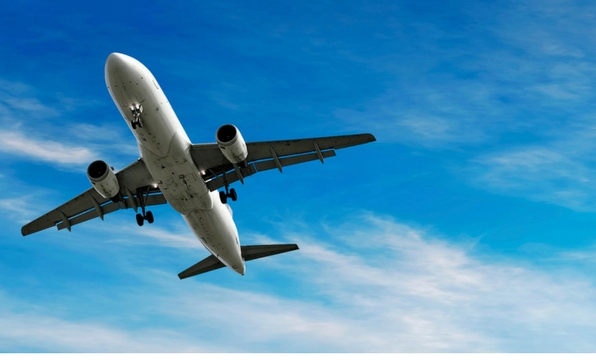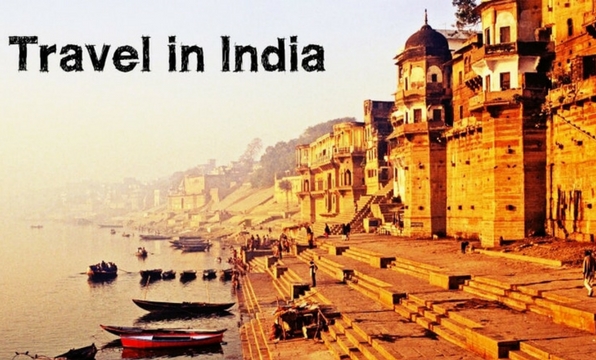How to Create a Travel Budget
International Travel is a great way to clear your mind and find memorable experiences. However, travel & tours can be expensive and may require you to save up and budget your costs ahead of time. By taking time to consider your costs thoroughly, both for necessities and for leisure, you will have a working budget ready for your trip.
Creating an Initial Budget
1.Determine what you can afford
2.Get advice from friends and family
3.Use online budgeting tools
Budgeting for the Basics
1.Determine your method of transportation
2.Consider local transportation
3.Consider lodging expenses
- Pick a hotel that is located near the attractions you’re seeking. This will prove convenient and save you in local travel costs.
- Consider amenities like televisions in the rooms, internet access, and access to a swimming pool. You should also consider the quality and size of available beds and bathrooms, the availability of air conditioning, and whether or not they serve a complimentary breakfast. If you have any questions that aren’t answered by their website, call the front desk.
- Check customer reviews on Google and Yelp. Keep in mind that nearly every hotel has some excellent reviews and some that are terrible. Read as many as possible to get a comprehensive idea of the quality.
- Some locales will have hostels where you can stay at little or no charge in exchange for doing some chores.
- You can compare hotel prices and features on Expedia and Kayak as well. You can also use Hotwire, Hotels.com, Priceline, Travelocity, and Agoda. Always research price comparisons before making your reservation because different sites may have different prices at the same hotel
4.Determine sight-seeing costs
Sight-seeing is a common practice for travelers. Think about the transportation, admittance and other costs related specifically to these trips. Most monuments, parks, and museums are free of charge but some may cost a small amount money. Research these sights beforehand so you can factor them into your budget.
5.Determine your entertainment costs
If you’re planning on attending amusement parks, enjoying the local nightlife, or taking in a show, factor these costs into your budget. You may want to create a rough schedule of your daily entertainment plans so you can research them ahead of time
6. Save up some money
Travel can be expensive so developing a comprehensive budget is a great idea.
- You may also need to set aside money from your typical day-to-day expenses so you’ll have enough. Work out a regular amount of money to set aside for your travel expenses and begin saving as soon as possible.
- If you need some extra money to make your travel budget, consider a part-time or temporary job like driving for a ride-sharing program or writing for an online publication. Search for temporary jobs on websites like Craigslist, Indeed.com, or FlexJobs.com.
- If you’re a frequent traveler or have travel benefits from your credit card company, you may be able to defray the costs of airfare or travel.
7. Convert your currency
If you are leaving the country, you may need to exchange your money for the local currency. Use your preferred search engine to find the name of the country you’re visiting to determine what type of currency they use. However, many foreign countries that use different currencies also widely accept U.S. Dollars, so you may want to search whether or not this is applicable in your destination.
8.Include food costs
Of course, you’ll need to eat during your trip so you need to budget for meals. Keep in mind that you’ll likely be eating out and that food costs can vary greatly between different places.Use your preferred search engine to determine local food costs.
Source: wikihow


 TAFI Certified
TAFI Certified

